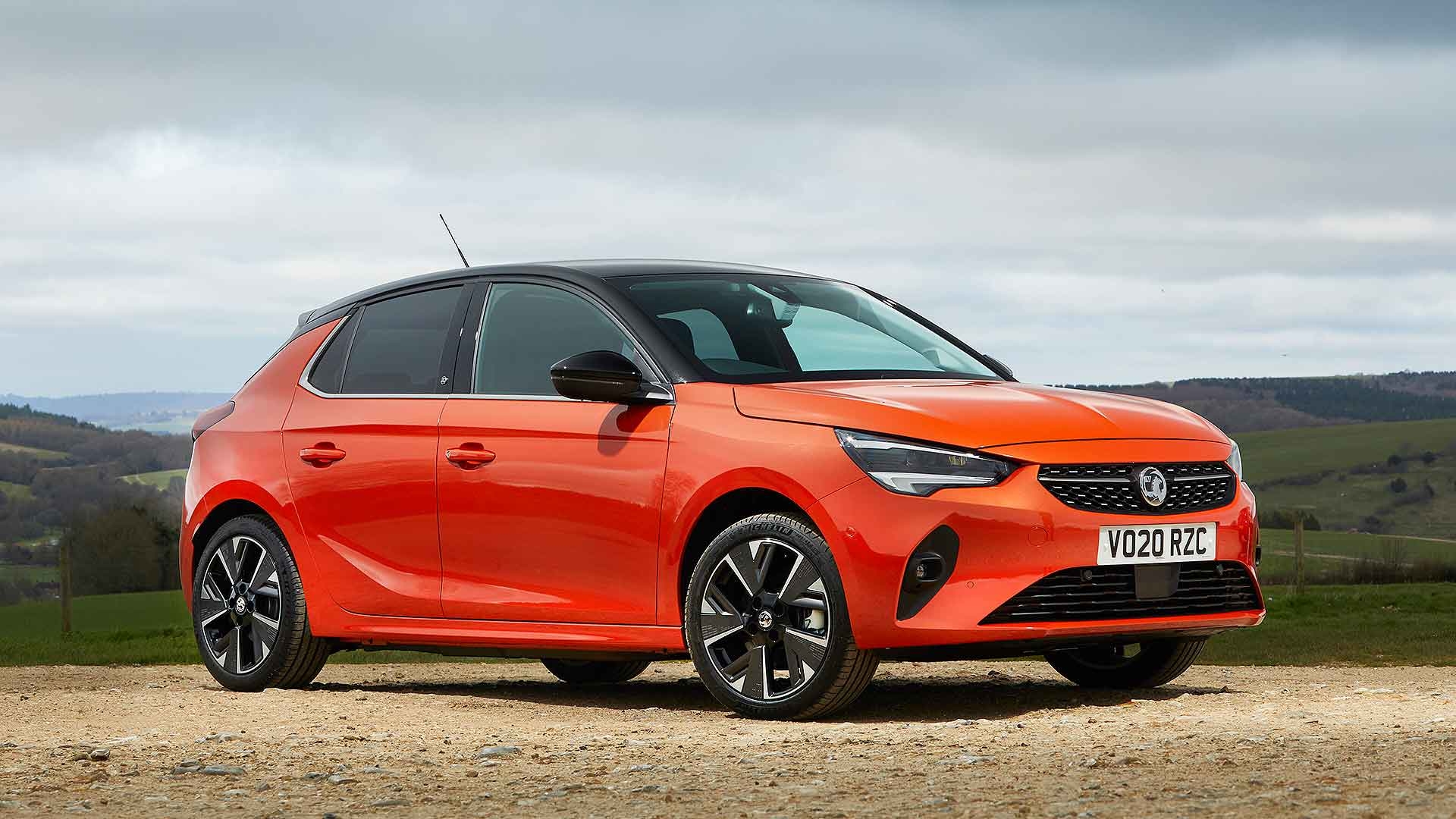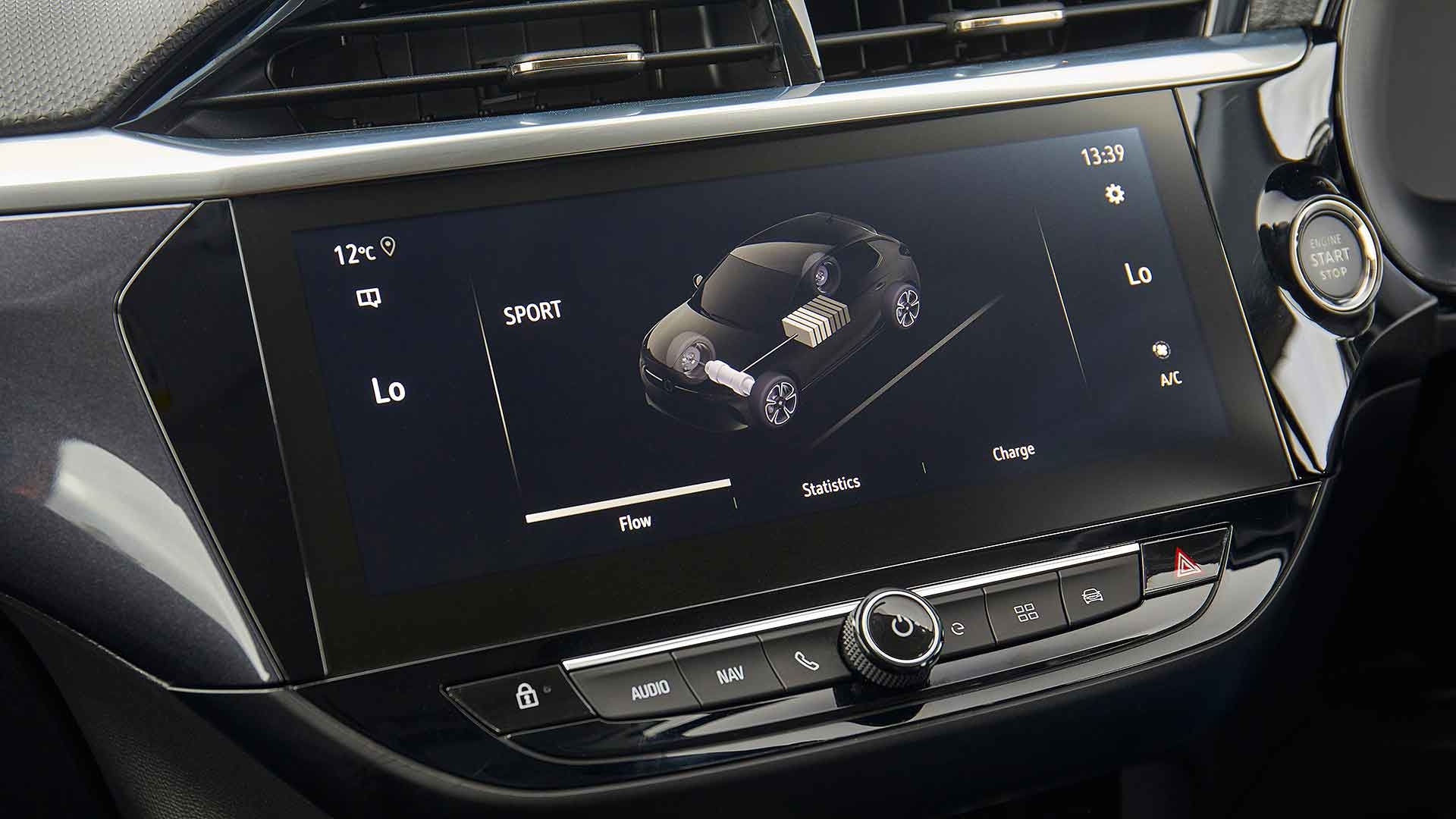
More than 1 in 3 motorists say they are feeling optimistic about buying an electric car in the next five years – but almost 1 in 4 say they can’t ever see themselves owning one.
And although Britain is expected to ban the sale of new petrol and diesel cars by as soon as 2035, 44 percent of motorists believe the technology won’t be ready by then.
The figures were revealed in a survey by trade body the Society of Motor Manufacturers and Traders on British motorists’ feelings towards fully electric cars.
The contrasting views, says the SMMT, shows how huge investment by car makers into EVs is starting to bear fruit – but how much work there still is to be done, particularly with affordability and in developing the UK’s meagre charging network.
There are currently around 19,000 public electric car charge points across the country: the SMMT believes there needs to be 1.7 million by 2030, and 2.8 million by 2035, in order to give motorists confidence to make the switch.
This would cost £16.7 billion and equate to 507 new public charge points being installed every day.

‘Slow lane’
Car makers are leading the charge, said SMMT chief executive Mike Hawes, “but they can’t transform the market alone.
“Until these vehicles are as affordable to buy and as easy to own and operate as conventional cars, we risk the UK being in the slow lane, undermining industry investment and holding back progress.”
The biggest barriers to motorists switching into an electric car are higher purchase prices, lack of local charging points and fear about being caught short on longer journeys.
To address affordability, the SMMT is calling for a commitment to the Plug-in Car Grant of at least six years – and the revival of grants for all zero-emissions capable vehicles such as plug-in hybrids.
The organisation also suggests making the purchase price of zero emissions vehicles tax-free.
By making the average electric family car VAT-free, and including the Plug-in Car Grant, the purchase price could be reduced by £5,550.
An all-electric SUV could be almost £10,000 cheaper.
This could drive as many as 2.4 million sales over the next five years, taking the market share of electrified cars from today’s 8 percent up to almost 30 percent by 2025.
“To give consumers confidence to take the leap into these technologies, we need government and other sectors to step up and match manufacturers’ commitment by investing in the incentives and infrastructure needed to power our electric future,” concluded Mr Hawes.
ALSO READ
Can an electric car be your everyday car?
Electric cars 2020 – which EVs have the longest range?